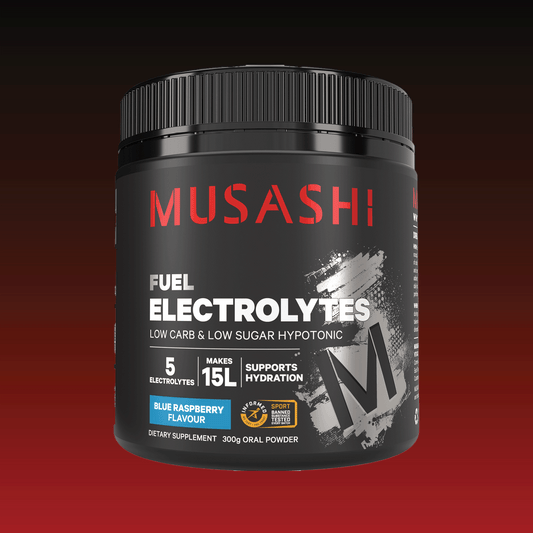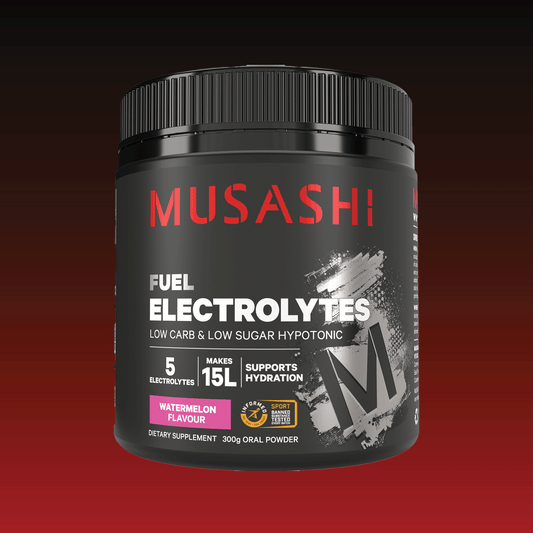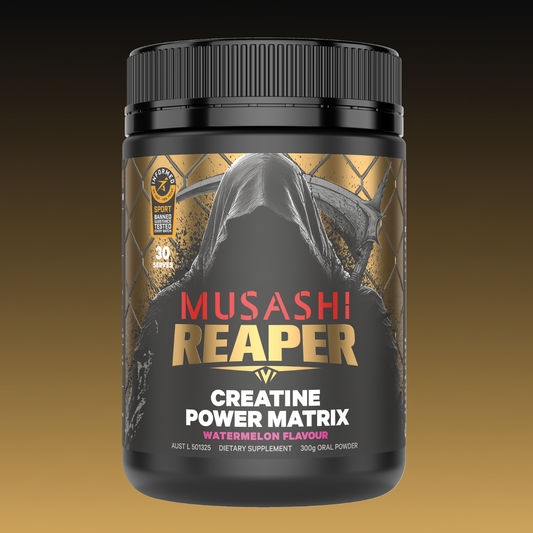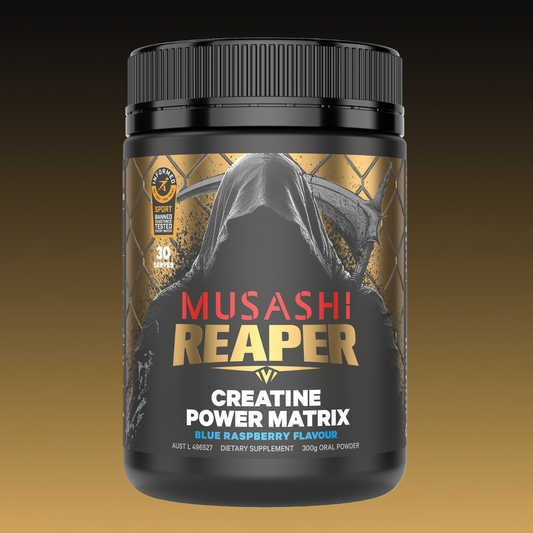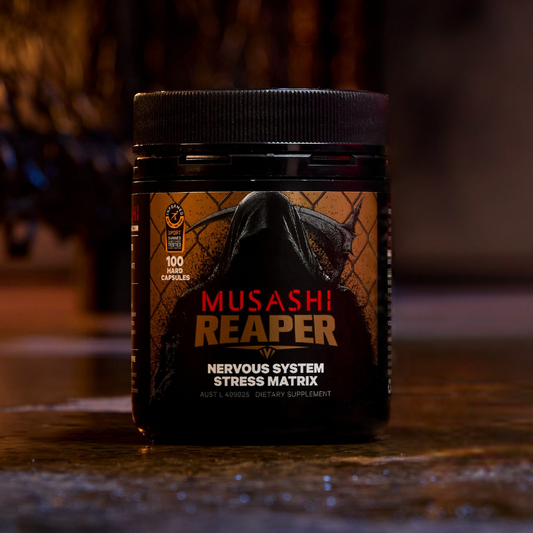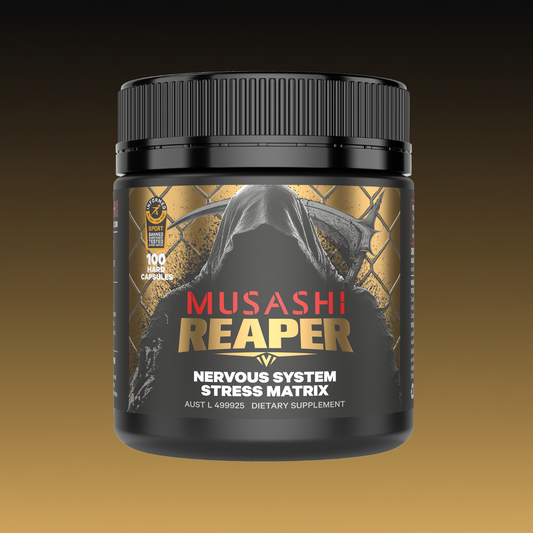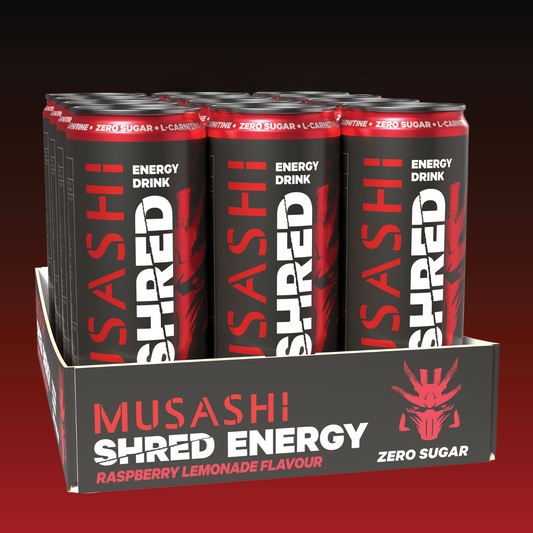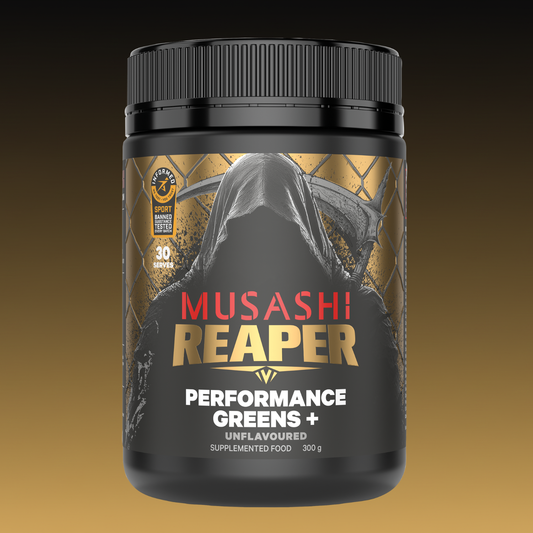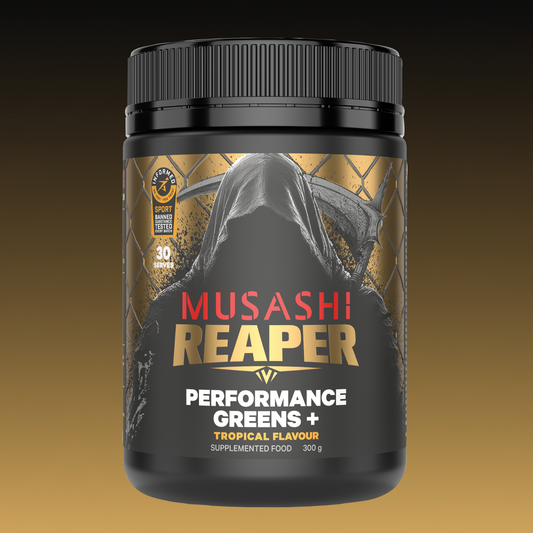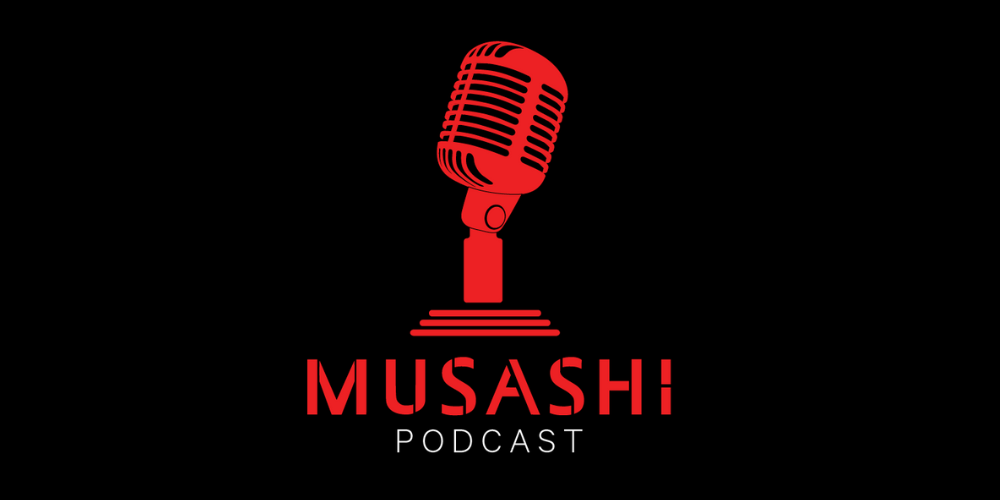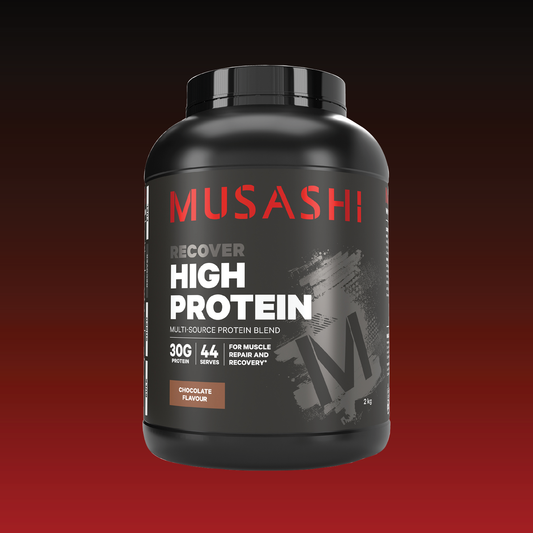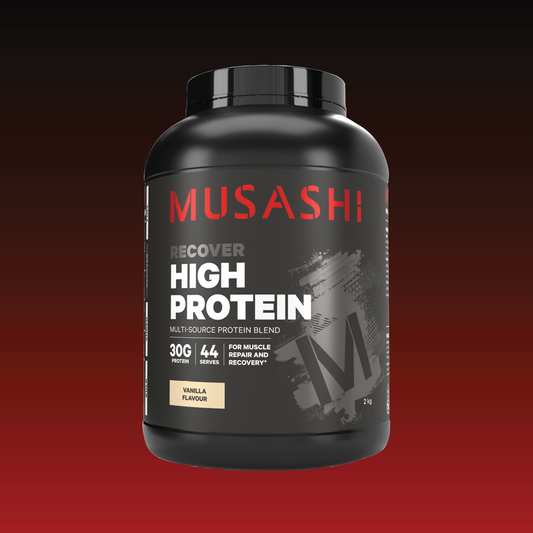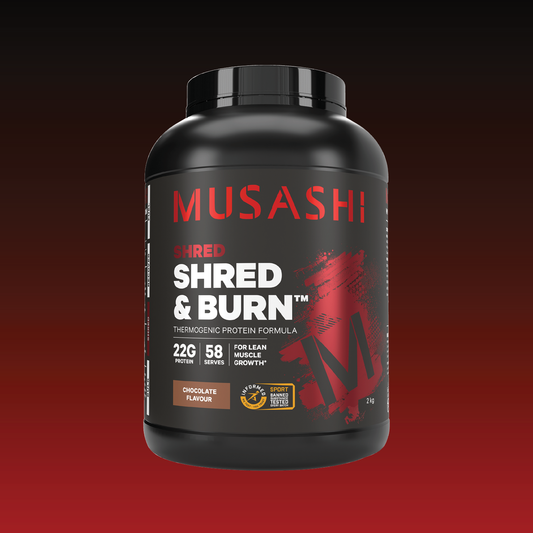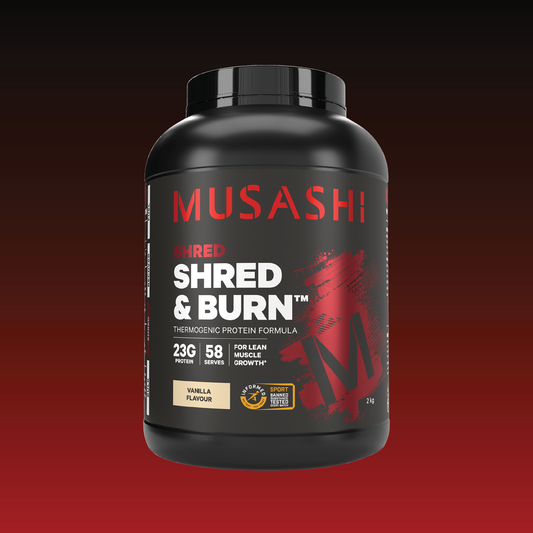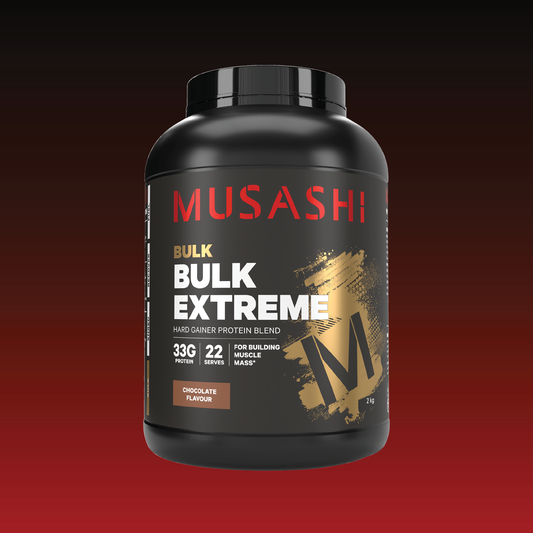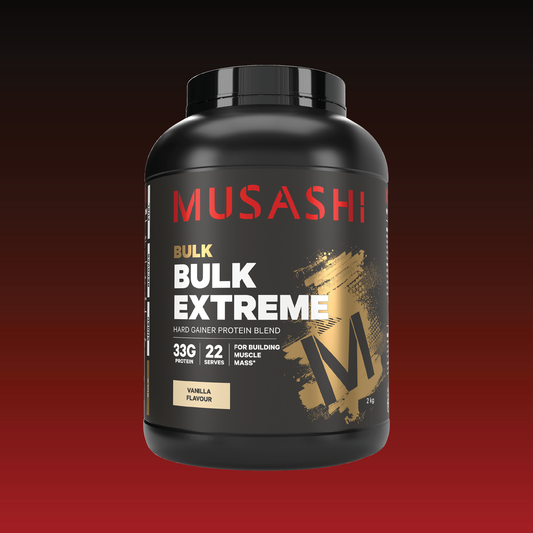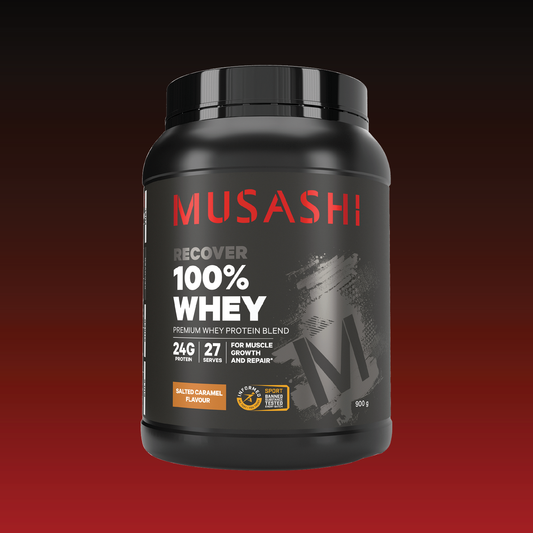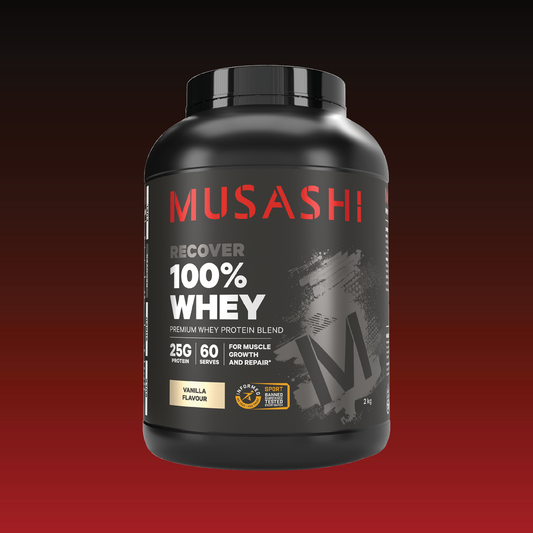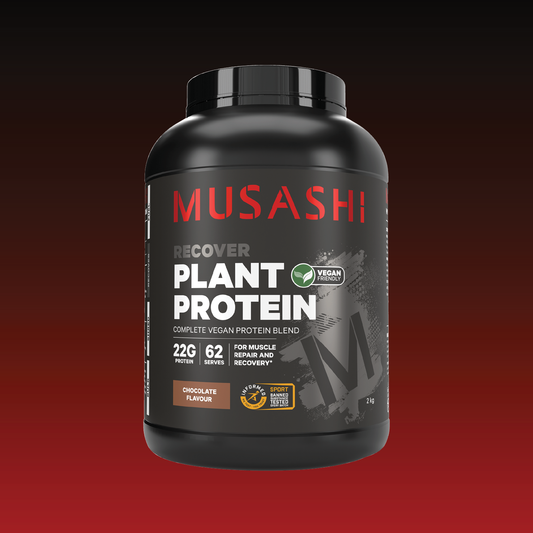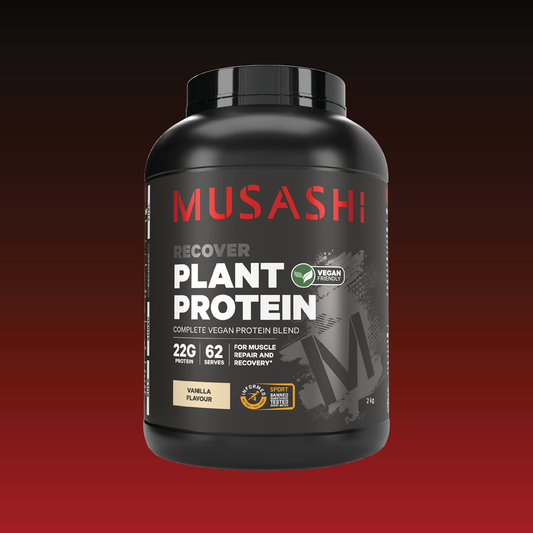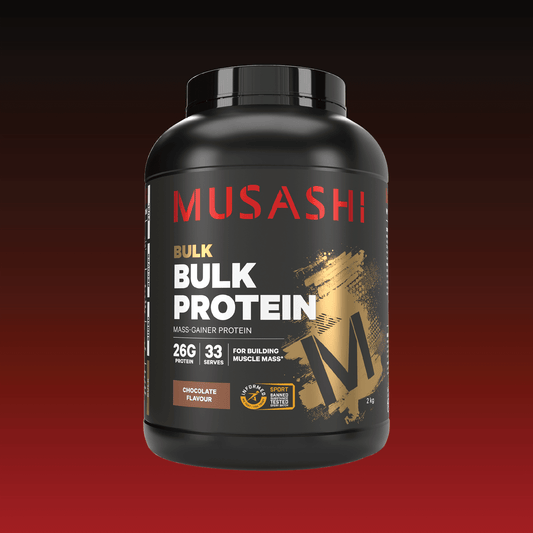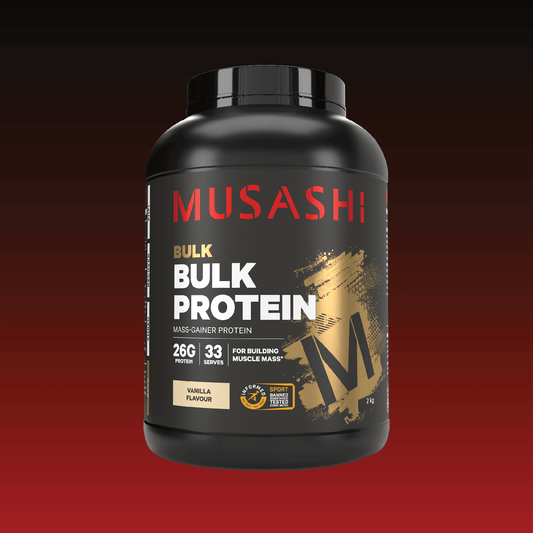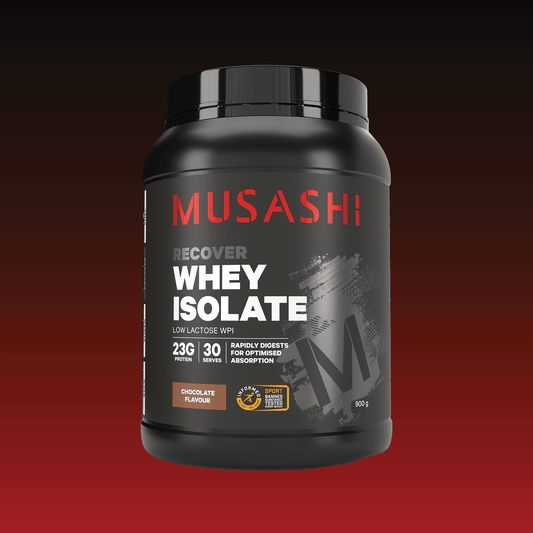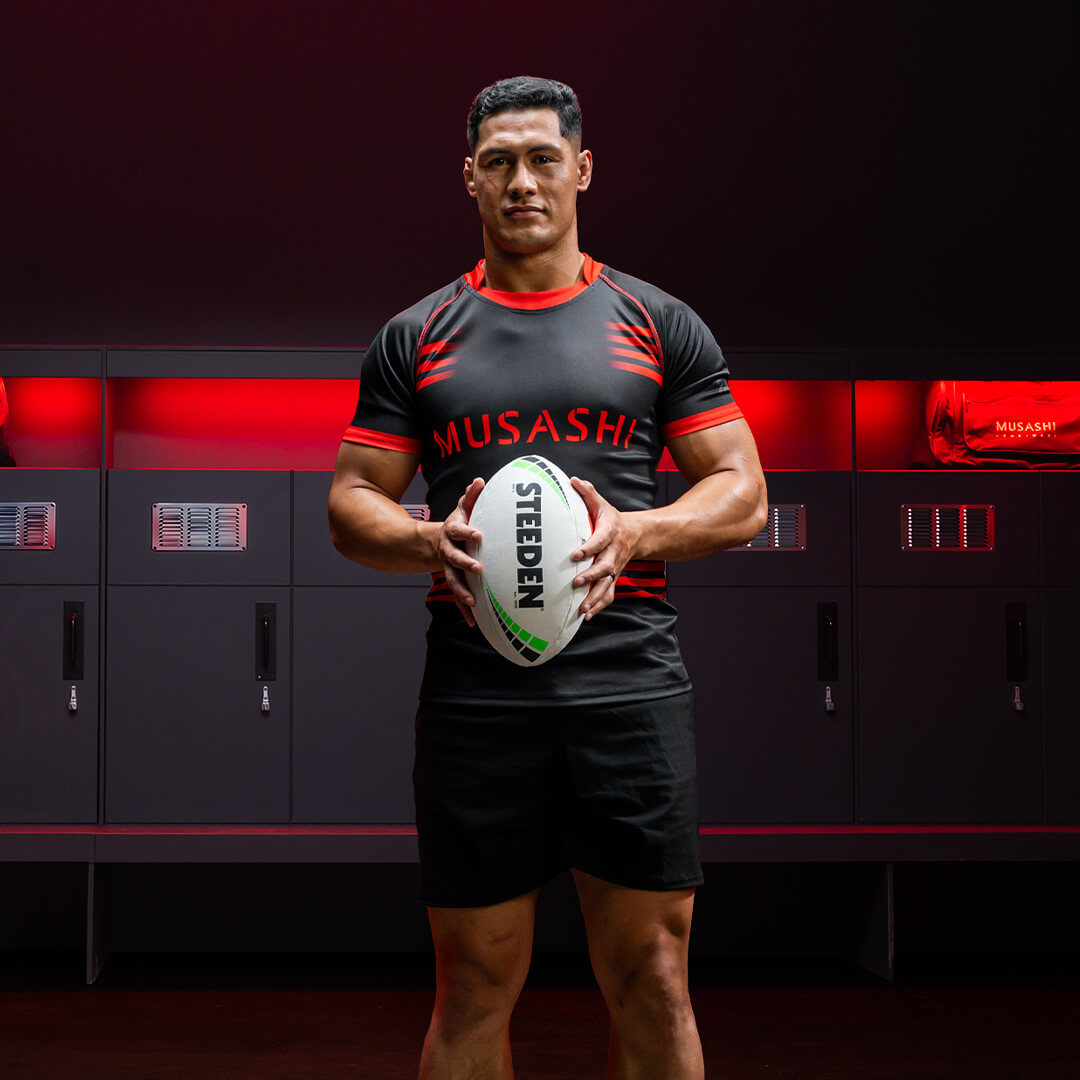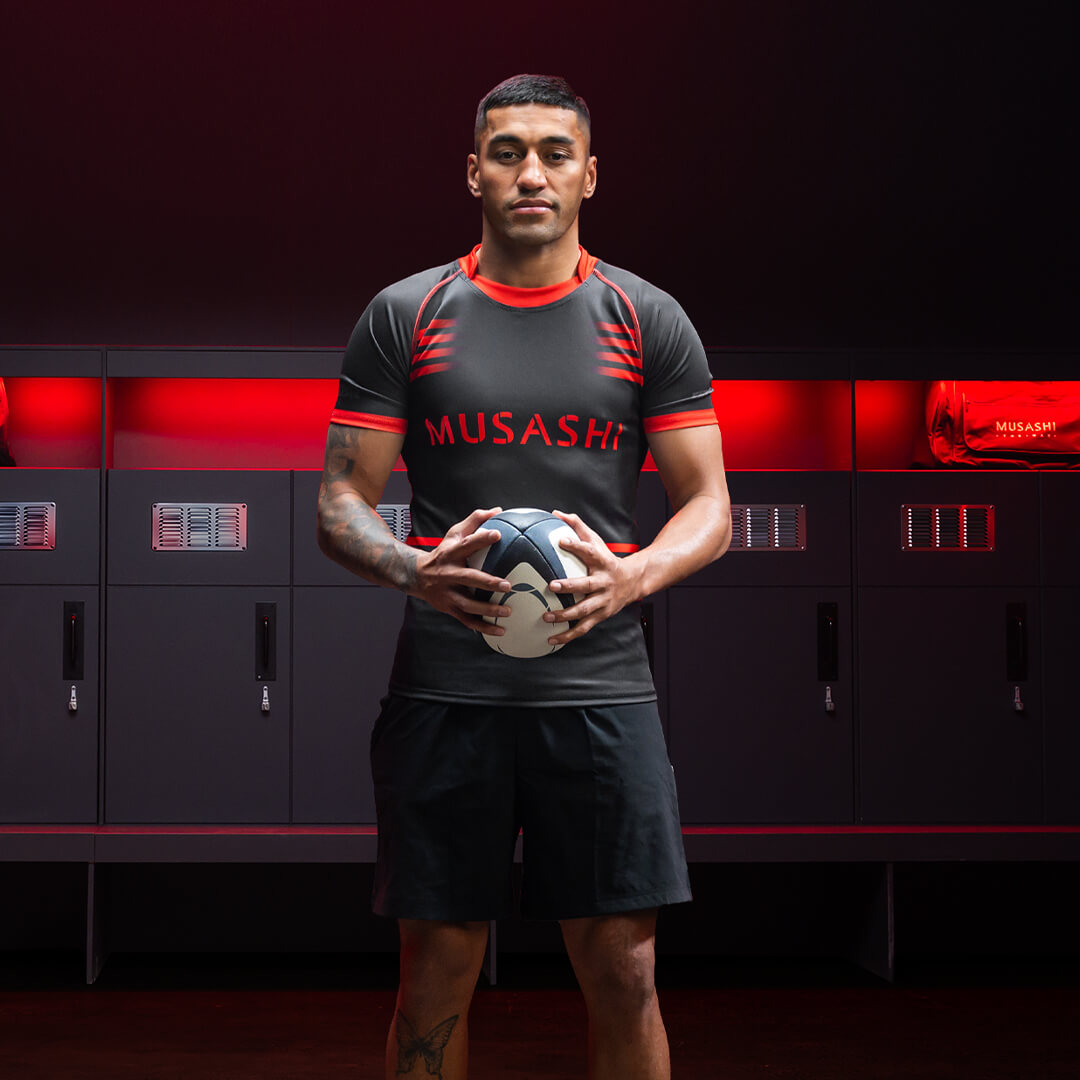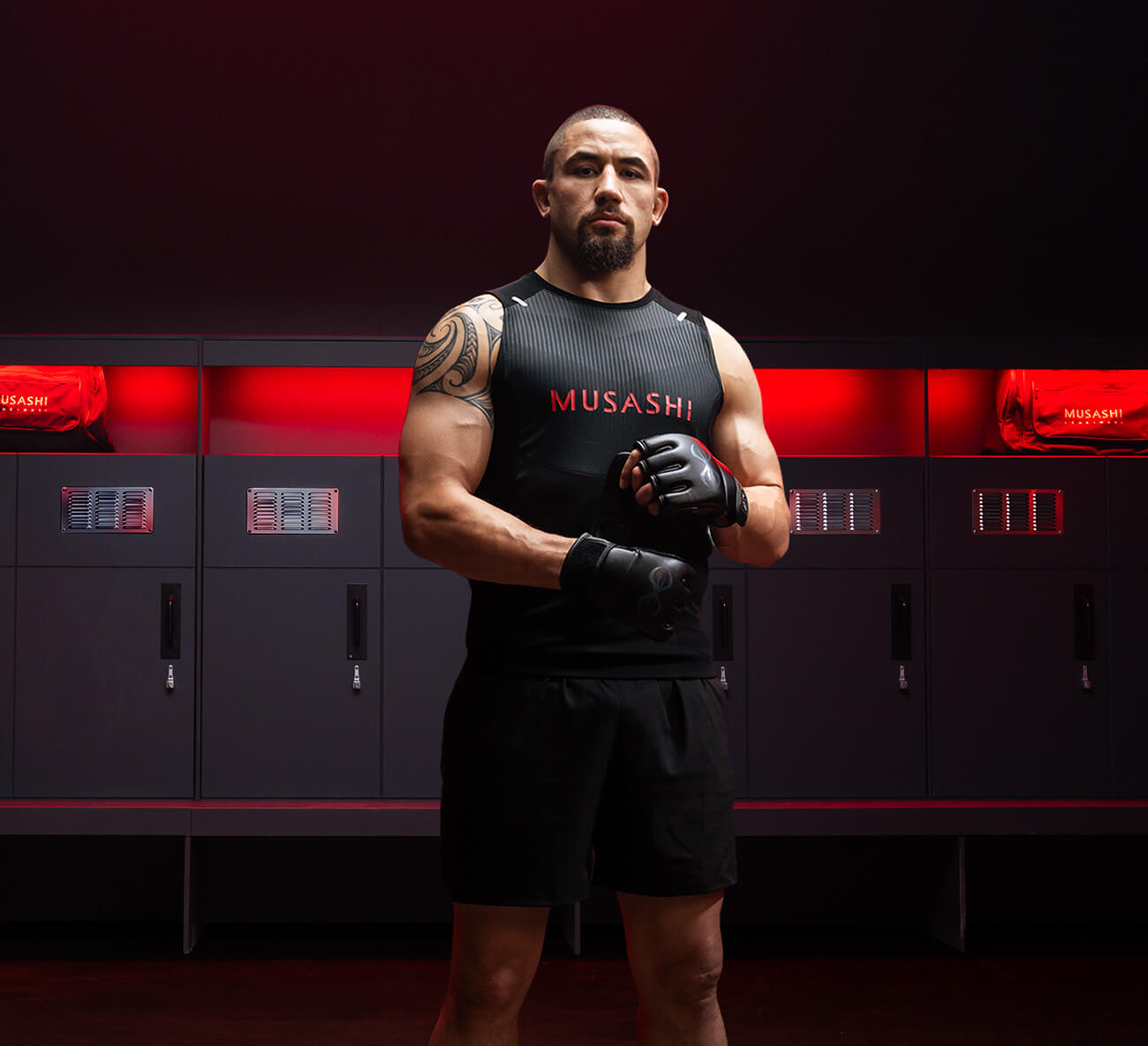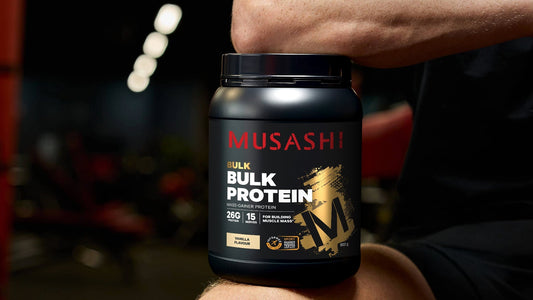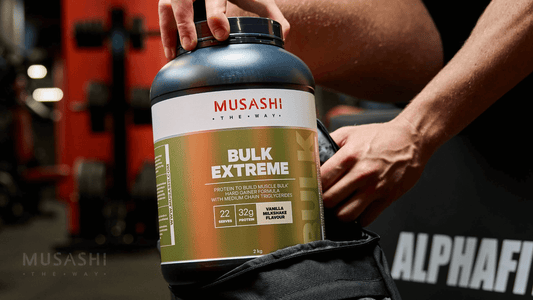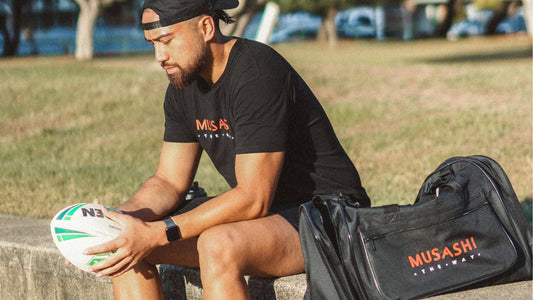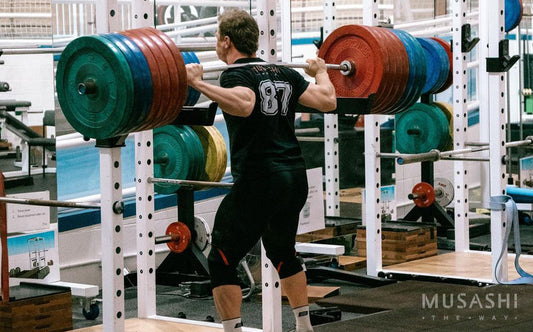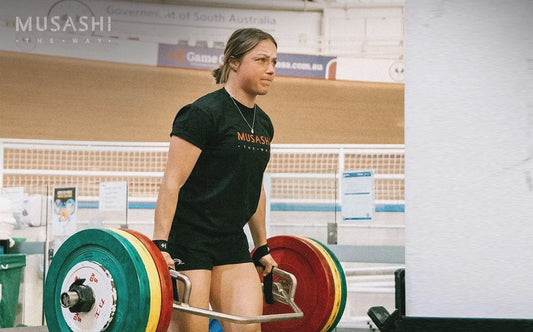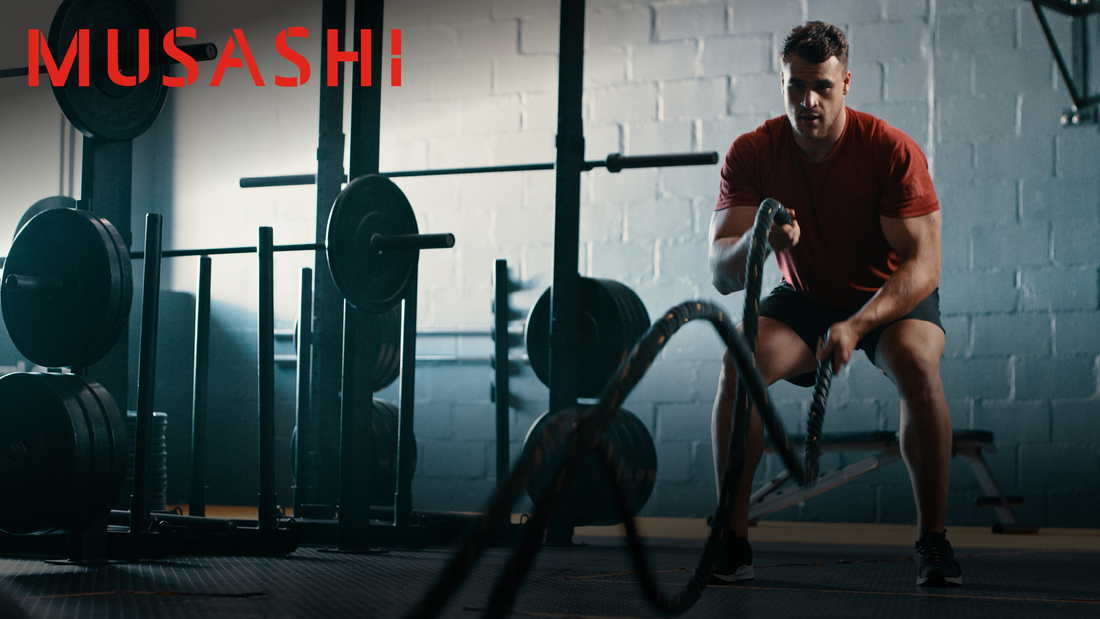
Hydration and electrolyte balance play an important role in optimising athletic performance. While we focus on nutrition and training regimens, the importance of staying hydrated and replenishing essential minerals lost in sweat cannot be understated. Let's dive into why staying hydrated is crucial for your performance.
The Role of Hydration
Approximately 60% of the human body is water. During exercise, we lose fluids through sweat to regulate body temperature. If we do not replace the fluids we lose through sweat, this can lead to dehydration. Dehydration can have a significant impact on:
- Performance: Dehydration can impair cognitive function, decrease muscle strength and endurance, and increase fatigue, reducing performance.
- Increased risk of heat-related illnesses: Severe dehydration can lead to heat exhaustion or heatstroke.
- Recovery: Proper hydration is essential for muscle repair and recovery after workouts. Dehydration can impair recovery.
What are Electrolytes?
Electrolytes are minerals that carry an electric charge. They are essential for various bodily functions, including muscle contractions, nerve impulses, and fluid balance. Sodium, potassium, calcium, and magnesium are key electrolytes lost through sweat. Electrolyte imbalance can result in:
- Muscle cramps: Inadequate electrolyte levels can contribute to muscle cramps or weakness.
- Fatigue: Electrolytes help maintain energy levels, so a deficiency can lead to exhaustion.
- Impaired performance: Electrolyte imbalance can affect muscle function and overall athletic performance.
Tips for Optimal Hydration and Electrolyte Balance
Optimal hydration is dependent on many factors but can generally be defined during exercise as avoiding losses greater than 2-3% of body mass while also avoiding overhydration.
- Drink plenty of water: Aim to stay hydrated throughout the day, especially before, during, and after workouts.
- Choose the right sports hydration drinks: Sports drinks can replenish both fluids, electrolytes and provide carbohydrates for energy. This is particularly beneficial during intense or prolonged exercise.

- Monitor your urine color: Dark yellow urine is a sign of dehydration, while clear or pale-yellow urine indicates adequate hydration.
- Listen to your body: Pay attention to thirst and other signs of dehydration, such as dizziness or headaches.
Remember: Individual needs vary based on factors like exercise intensity, duration, climate, and personal sweat rate. It's essential to find a hydration and electrolyte strategy that works best for you.
By prioritising hydration and electrolyte balance, you can enhance your athletic performance, reduce the risk of injuries, and optimize your overall well-being.
References:
- Belval LN, Hosokawa Y, Casa DJ, Adams WM, Armstrong LE, Baker LB, Burke L, Cheuvront S, Chiampas G, González-Alonso J, et al. Practical Hydration Solutions for Sports. Nutrients. 2019.
- Colleen X. Muñoz, Evan C. Johnson. Hydration for Athletic Performance. Nutrition and Enhanced Sports Performance (Second Edition). 2019.
